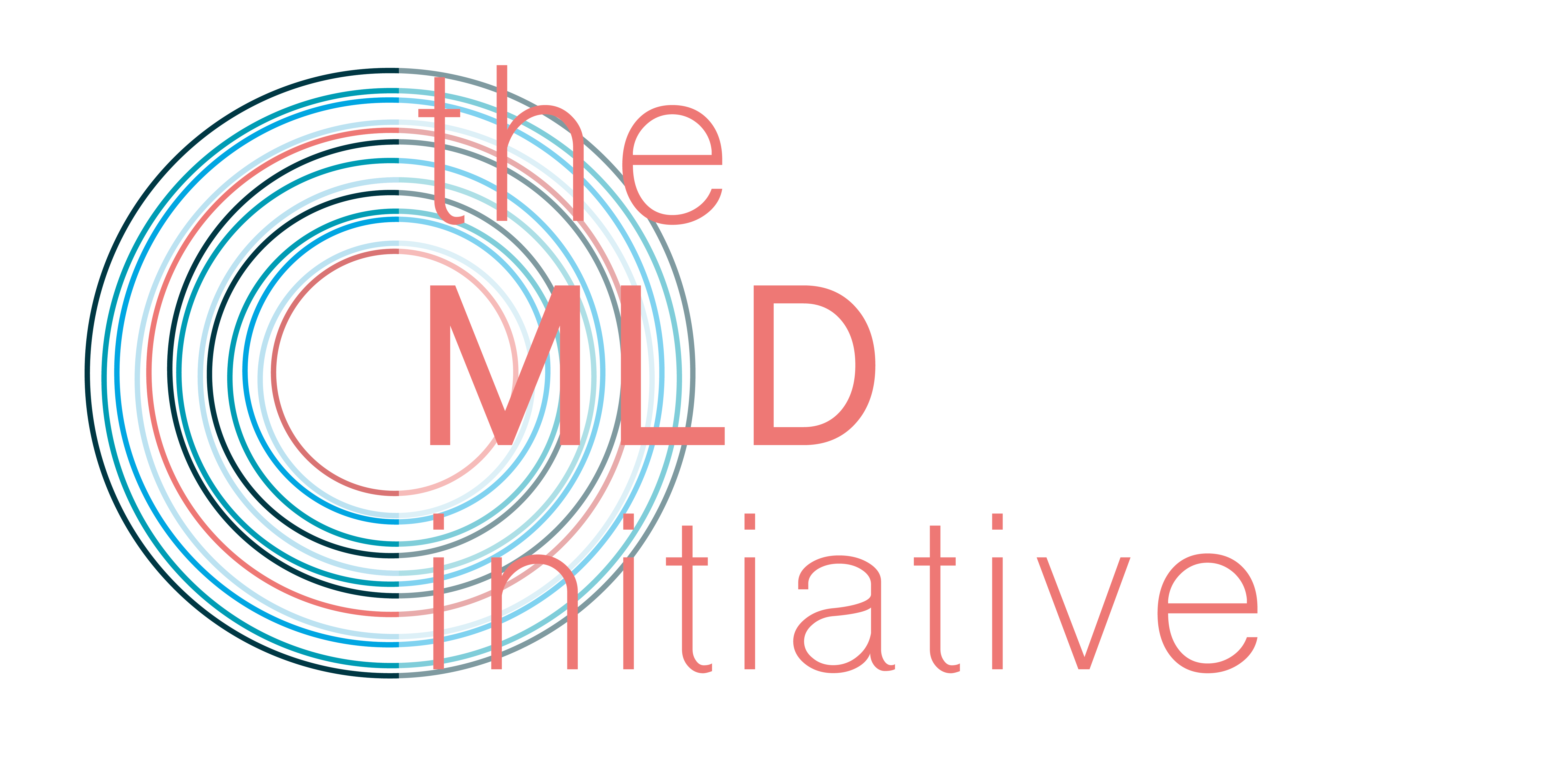Amsterdam, 01/06/2023
Authors: Daphne Schoenmakers (Amsterdam UMC), Nicole Wolf (Amsterdam UMC), Peter van Hasselt (UMC Utrecht), Caroline Lindemans (UMC Utrecht)
On April 12, it was announced that the drug Libmeldy will not be reimbursed by Dutch health insurances. Minister Ernst Kuipers argues that the treatment is too expensive for reimbursement.1 This means that a very promising treatment for patients with the earliest form of metachromatic leukodystrophy (MLD) seems out of reach for Dutch patients. A drastic decision for a small group of children and their families. The physicians involved in the care for those patients are also disappointed.
MLD is a serious genetic disease, caused by a DNA error, which leads to a non-working enzyme. Libmeldy is a one-time gene therapy in which blood stem cells are provided with a healthy piece of DNA. This gene therapy even ensures extra production of the lacking enzyme. It is the only effective treatment for children with the late-infantile form of MLD who are rapidly deteriorating. These children lose all their motor and cognitive skills within a few months, become severely disabled and need intensive care. Less severe forms of MLD can be treated with a stem cell transplant with donor stem cells, but this has additional risks associated with these donor cells. The stem cell transplant center Utrecht (UMC Utrecht and Princes Maxima Center) is qualified as one of the 5 European centers for providing stem cell transplant-based gene therapy. The expertise center for leukodystrophies is located in Amsterdam UMC. Treatment with Libmeldy is promising and has excellent short-term results.2 Long-term studies will show whether the efficacy of Libmeldy persists beyond more than 10 years.
MLD is a very rare disease. In our estimation, only 1-3 children per year in the Netherlands would be eligible for Libmeldy. Treatment works only in the early stages of the disease if there is not yet too much irreparable brain damage. To ensure that only children who benefit from Libmeldy receive the treatment, doctors from different European countries closely cooperate. The practitioners in the Netherlands have played a leading role in the establishment of an international indication committee in which international MLD experts determine which patients are eligible for Libmeldy, and which patients have too advanced disease. In other European countries, this indication committee already plays an important role. The committee is facilitated by ’the MLD initiative (MLDi)’, an international collaboration and patient registry, and by the European reference network “Rare neurological disorders” (ERN-RND). 4 The Dutch national expertise centre for leukodystrophies (the Amsterdam Leukodystrophy Centre) coordinates the MLDi. Since 2021, the MLDi has been a case study at the Dutch Healthcare Institute within the framework of the program Regie Op Registers voor Dure Geneesmiddelen (Regie Op Registers voor Dure Geneesmiddelen).5
Libmeldy is an expensive but promising treatment for a serious rare disease, which we believe everything should be facilitated to enable patient access. In our opinion, this requires discussion about the current decision process regarding registration and reimbursement. More innovative treatments for serious rare diseases will be launched in the future. Often these will be expensive therapies, where there are uncertainties about long-term efficacy, as with Libmeldy. We therefore advocate a greater role for practitioners in new access procedures guaranteeing quick patient access to innovative treatments in a responsible manner. New pricing and payment models could reduce financial risks. A fee acceptable to society and the collection of more information about treatment efficacy (perhaps leading to fee adjustments), are crucial for this process.
References
1. Central government, Medicine Libmeldy not in insured package, 12-4-2023, https://www.rijksoverheid.nl/actueel/nieuws/2023/04/12/geneesmiddel-libmeldy-niet-in-verzekerd-pakket#:~:text=Het%20geneesmiddel%20Libmeldy%20wordt%20niet,verzekerd%20pakket%20van%20de%20zorgverzekering, consulted on 5-5-2023.
2. Fumagalli F, Calbi V, Natali Sora MG, Sessa M, Baldoli C, Rancoita PMV, Ciotti F, Sarzana M, Fraschini M, Zambon AA, Acquati S, Redaelli D, Attanasio V, Miglietta S, De Mattia F, Barzaghi F, Ferrua F, Migliavacca M, Tucci F, Gallo V, Del Carro U, Canale S, Spiga I, Lorioli L, Recupero S, Fratini ES, Morena F, Silvani P, Calvi MR, Facchini M, Locatelli S, Corti A, Zancan S, Antonioli G, Farinelli G, Gabaldo M, Garcia-Segovia J, Schwab LC, Downey GF, Filippi M, Cicalese MP, Martino S, Di Serio C, Ciceri F, Bernardo ME, Naldini L, Biffi A, Aiuti A. Lentiviral haematopoietic stem-cell gene therapy for early-onset metachromatic leukodystrophy: long-term results from a non-randomised, open-label, phase 1/2 trial and expanded access. Lancet. 2022 Jan 22;399(10322):372-383. doi: 10.1016/S0140-6736(21)02017-1. PMID: 35065785; PMCID: PMC8795071.
3. Horizonscan Geneesmiddelen, Autologous CD34+ cell enriched population that contains hematopoietic stem and progenitor cells transduced ex vivo using a lentiviral vector encoding the human arylsulfatase A gene, versie 3, 8-12-2020, https://www.horizonscangeneesmiddelen.nl/geneesmiddelen/autologous-cd34-cell-enriched-population-that-contains-hematopoietic-stem-and-progenitor-cells-transduced-ex-vivo-using-a-lentiviral-vector-encoding-the-human-arylsulfatase-a-gene-stofwisseling-en-endocrinologie-stofwisselingsziekten/versie3, geraadpleegd op: 5-5-2023
4. https://www.mldinitiative.com/
5. Zorginstituut Nederland, Regie op Registers voor Dure Geneesmiddelen (RORDGM), https://www.zorginstituutnederland.nl/werkagenda/regie-op-registers-voor-dure-geneesmiddelen, consulted on 5-5-2023.
What is metachromatic leukodystrophy?
MLD is a rare hereditary disease in which patients have a non-working enzyme. This leads to accumulation of a substance during their life, which in turn damages mainly the nervous system. In the first years, patients have no symptoms, but as patients get older, they deteriorate neurologically. Eventually, they lose all motor and cognitive functions and die prematurely. The gene therapy Libmeldy can prevent or considerably slow this deterioration so that patients fare much better, with only mild or even no disabilities. In the Netherlands, a maximum of 5 patients per year are diagnosed with MLD. Only a part of them, at most 1-3 patients per year, already have symptoms before the 7th year of life and may benefit from treatment with Libmeldy.

